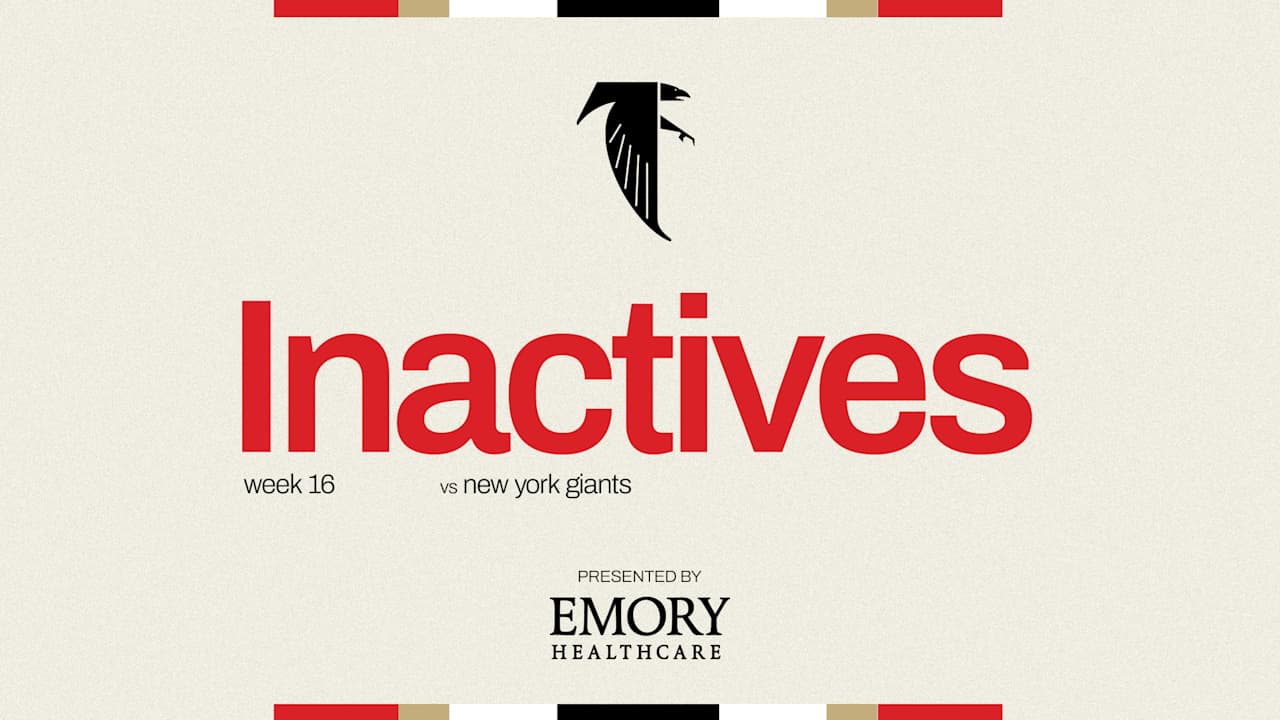Bussiness
New York Financial Services Watchdog Adopts Rules to Rein In Prescription Benefit Managers

New York regulators on Wednesday unveiled a series of market conduct rules concerning pharmacy benefit managers, who have come under heavy scrutiny through a wave of federal lawsuits.
New York State Department of Financial Services Superintendent Adrienne Harris said the regulations will help protect New Yorkers’ access to prescription drugs, prohibit business practices that increase the cost of those drugs, and ensure that small, independent pharmacies compete on a level playing field with large pharmacies affiliated with PBMs, who act as middlemen and decide the availability of prescription drugs and their costs.
One of the rules unleashed by DFS prohibits anticompetitive practices that steer consumers from their local pharmacy to larger pharmacies affiliated with PBMs,
Additionally, in-network pharmacies are now barred from providing mail order or delivery services, which DFS says will increase patients’ access to home delivery from their community pharmacy.
“Pharmacy benefit managers have become a pervasive part of the prescription drug supply chain, playing an outsized role in access to prescription drugs and pharmacy services,” Harris said. “This regulation will put an end to the industry’s opaque practices in New York, with the ultimate goal of lowering prescription drug costs, protecting access to life-saving drugs, and supporting patients’ choice of pharmacies.”
In all, DFS unveiled seven rules.
Another allows for a listing of pharmacy directories, which the watchdog said will increase transparency to consumers and employers by requiring PBMs to list formularies and pharmacy directories online, and prohibit PBMs from punishing a consumer who relies on such information.
Another rule requires PBMs to post a telephone number and email address for consumers to direct questions to, with the middlemen required to respond in a reasonable amount of time.
The others rules prohibit PBMs from passing financial losses onto pharmacies when the PBM mistakenly approved dispensing a drug and then seeks to retroactively deny reimbursement to the pharmacy; allow electronic submissions, to reduce administrative tasks and costs on small pharmacies; and require PBMs to apply the same audit standards across all in-network pharmacies, which the watchdog said will prevent abuse against small pharmacies not affiliated with the PBM.
The new rules come as the Federal Trade Commission brought a lawsuit against the nation’s top three PBMs in September for allegedly inflating the price of insulin to bolster profits. The defendant PBMs—CVS Health Caremark, Cigna Express Scripts and UnitedHealth Optum Rx—collectively control 80% of prescriptions in the U.S.
Also, at least three class actions have been filed in California and Rhode Island federal courts recently accusing the PBMs of conspiring to quell reimbursements to small pharmacies for generic prescription drugs.
Members of the Legislature saluted the rules.
“These new regulations bring essential transparency to pharmacy benefit managers, cutting costs and empowering patients in their health care choices. Superintendent Harris and DFS have shown strong leadership in protecting New Yorkers’ access to affordable, life-saving medications,” said Assemblyman David Weprin, a former investment banking attorney who chairs the lower chamber’s Standing Committee on Insurance.
Assemblyman John T. McDonald III, a pharmacist, said he’s “seen firsthand how much these changes are needed. DFS’s regulations create a fairer marketplace for community pharmacies and give patients the power to make informed decisions about their prescriptions—a win for our communities and consumers.”
It remains to be seen how the industry will react. Earlier this year, major drug companies sued states for adopting new laws to crack down on contract pharmacy arrangements. The suits alleged that the proposed state laws in Kansas, Maryland, Mississippi, Missouri and West Virginia interfered with 340B federal drug pricing program, and were therefore preempted and unconstitutional.

![[!LIVE-FOOTBALL@!]+ Commanders vs Eagles Live Stream ! Atlanta Falcons vs New York Giants LIVE , player stats, standings, fantasy games TV channels and more HS8079 [!LIVE-FOOTBALL@!]+ Commanders vs Eagles Live Stream ! Atlanta Falcons vs New York Giants LIVE , player stats, standings, fantasy games TV channels and more HS8079](https://www.reddotdigitalit.com/wp-content/uploads/2021/05/Streaming-Platform.jpeg)








